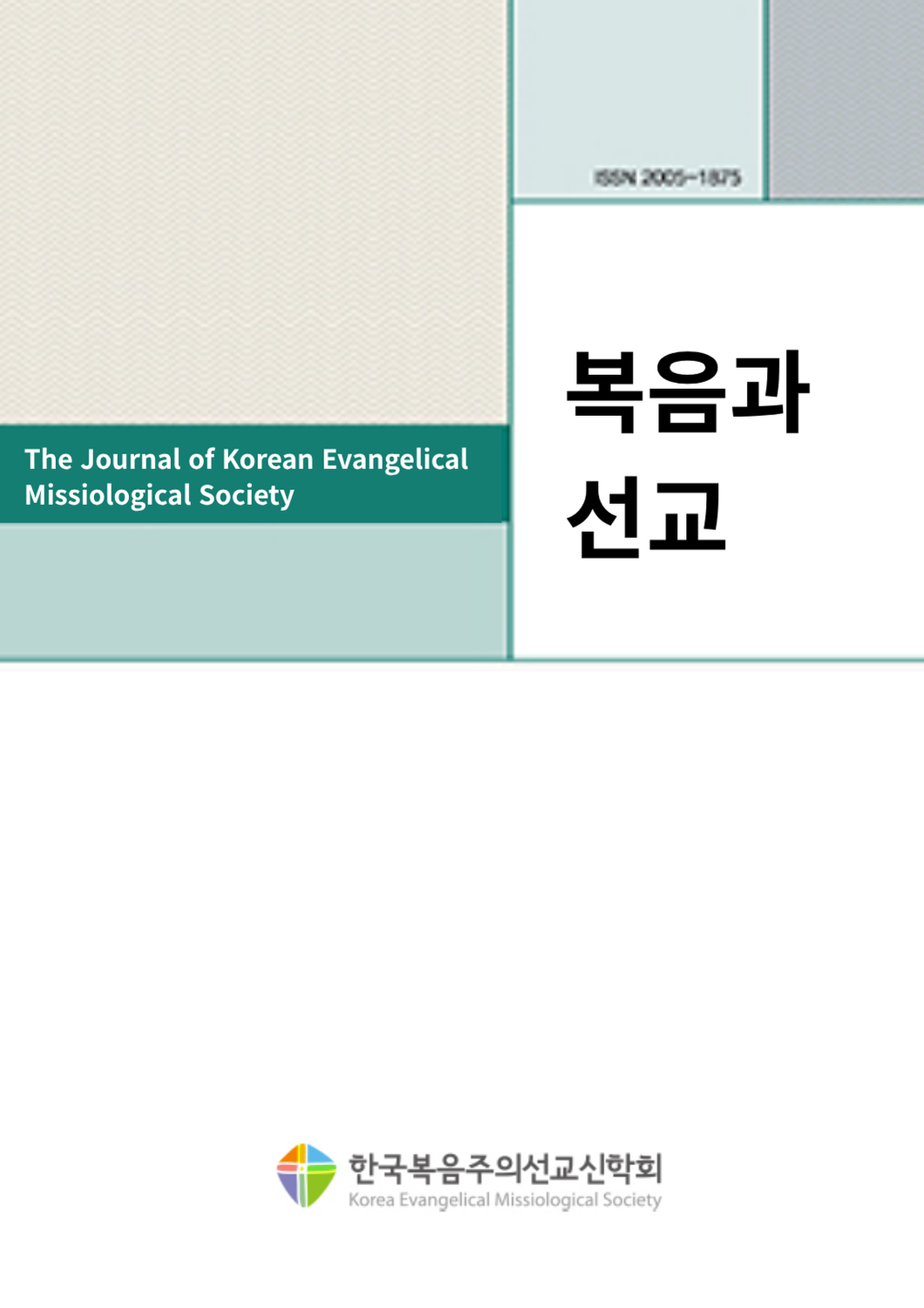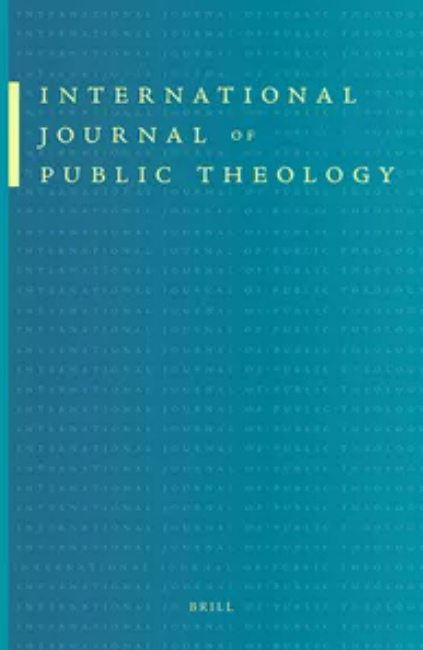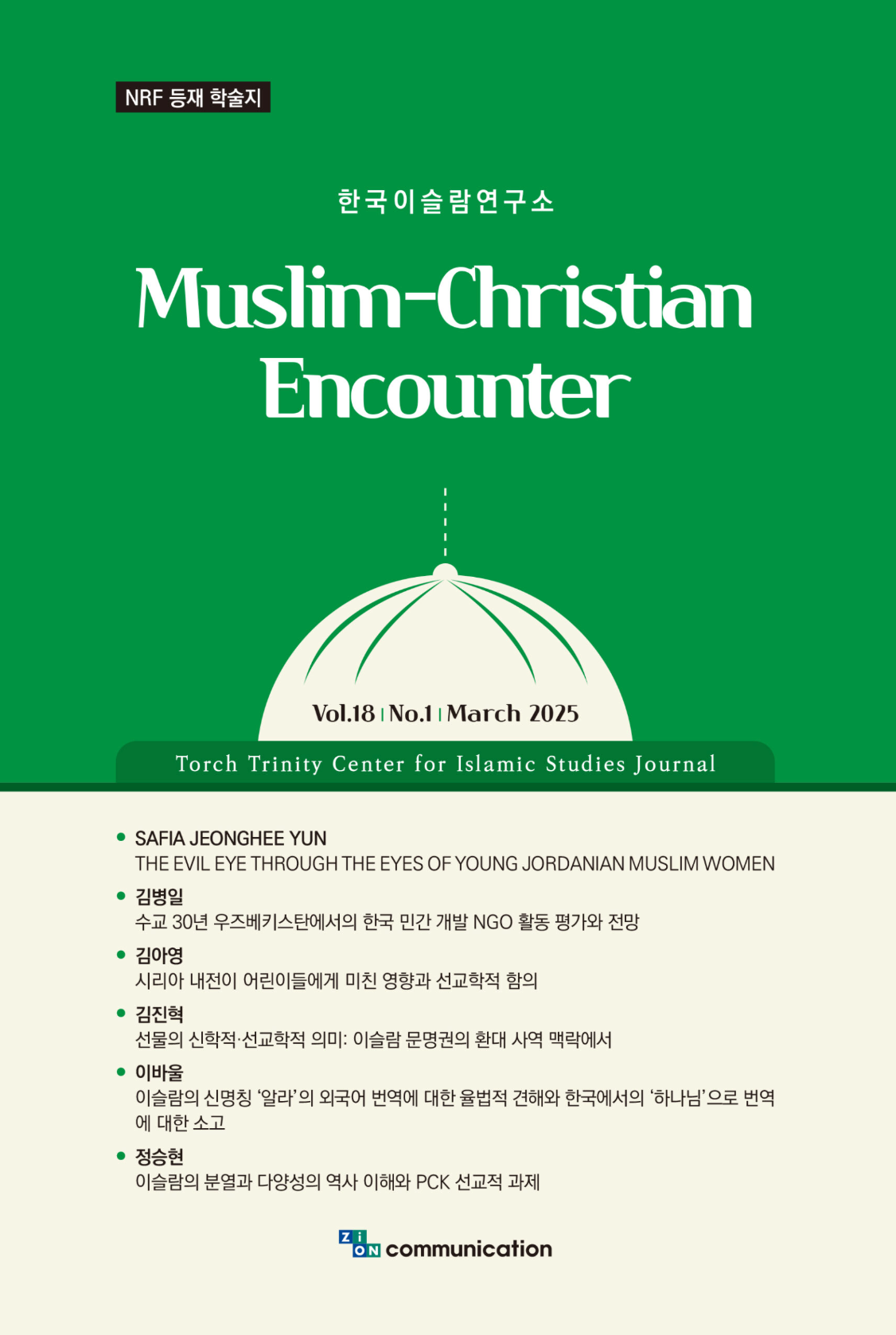https://doi.org/10.20326/KEMS.70.2.217
본 연구는 개혁주의의 구속사적 신학을 바탕으로 선교적 성경읽기의 신학적 정당성을 체계화하고, 이와 연관된 리더십 형성의총체적 틀을 신학적으로 조망하는 것을 목적으로 한다. 오늘날 교회 리더십의 위기는 단순히 실천적 기술이나 도덕성의 결여에 그치지 않고, 성경의 권위에 대한 신뢰 상실과 해석의 일관성 부족에서기인한 신학적 기반의 붕괴로까지 이어지고 있다. 이 같은 위기를돌파하기 위해서는 기술적 역량 배양을 넘어서, 하나님의 말씀에근거한 언약 정체성과 삼위일체적 사명에 응답하는 공동체의 소명의식이 재정립되어야 한다. 본 논문은 성경을 삼위일체 하나님께서 언약을 따라 구속사를펼치신 역사적 계시로 이해하며, 그 내적 일관성과 언약 중심의 구조를 강조하는 개혁주의 구속사 신학을 연구의 토대로 삼는다.이러한 해석학적 틀 아래에서 선교적 성경읽기는 성경 전체를 열방을 향한 하나님의 구속 역사로 통전적으로 조망하며, 독자가 그 언약적 흐름 안에 능동적으로 참여하고 실천적으로 반응하는 성경읽기로 간주된다. 본 연구는 존 칼빈, 게할더스 보스, 헤르만 바빙크, 박형룡 등 주요 개혁주의 신학자들의 구속사 신학 전개를 고찰한 뒤, 크리스토퍼 라이트와 마이클 고힌의 선교적 해석학을 비판적으로 분석하고, 이를 개혁주의 구속사적 틀 안에서 재정립한다. 나아가 예수 그리스도의 삼중직 사역(선지자, 제사장, 왕)을 리더십 형성의 핵심 원리로 제시하고, 이를 교육, 선교, 다음 세대 사역의 현장에 적용할 수 있는 실천적 모델로 구체화한다.
This study aims to establish the theological legitimacy of missional Bible reading based on Reformed redemptive-historical theology and to explore a comprehensive framework for leadership formation that emerges from it. The crisis of leadership in the contemporary church extends beyond functional and ethical deficiencies; it reflects a deeper theological collapse stemming from the erosion of confidence in the authority of Scripture and the fragmentation of biblical interpretation. Overcoming such a crisis requires more than the acquisition of practical skills; it demands a recovery of covenantal identity grounded in Scripture and a communal vocation that participates in the Trinitarian mission of God. This research approaches the Bible as the historical revelation of the triune God’s redemptive administration according to His covenant, and it takes Reformed redemptive-historical theology-marked by its emphasis on the unity and covenantal structure of Scripture-as its foundation. Within this hermeneutical framework, missional Bible reading is viewed as a holistic interpretation of Scripture as God’s redemptive work for the nations, in which the reader is invited to actively participate in and respond to the covenantal narrative. The study critically examines the development of redemptive-historical theology in the works of major Reformed theologians such as John Calvin, Geerhardus Vos, Herman Bavinck, and Hyung-Ryong Park. It further evaluates and reconstructs the missional hermeneutics of Christopher Wright and Michael Goheen through a Reformed redemptive lens. Finally, the study presents a practical model of leadership formation centered on the threefold office of Christ-Prophet, Priest, and King-applying this framework to educational contexts, mission fields, and next-generation leadership development.






